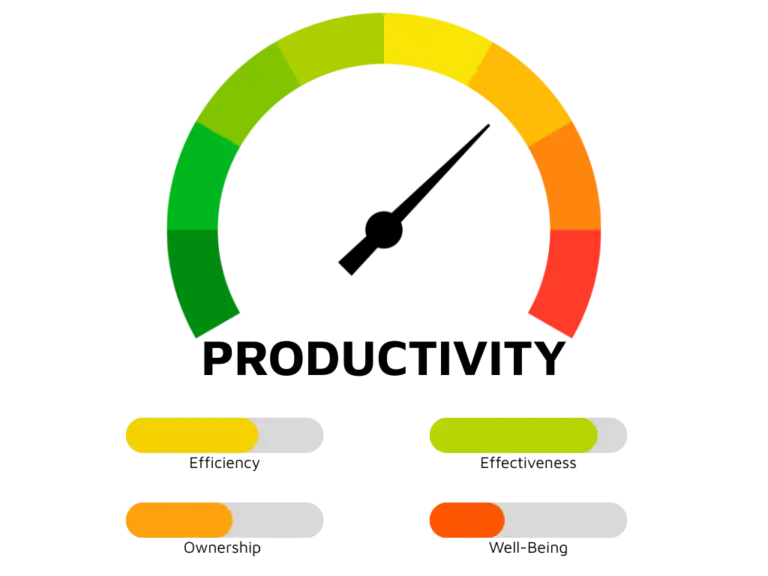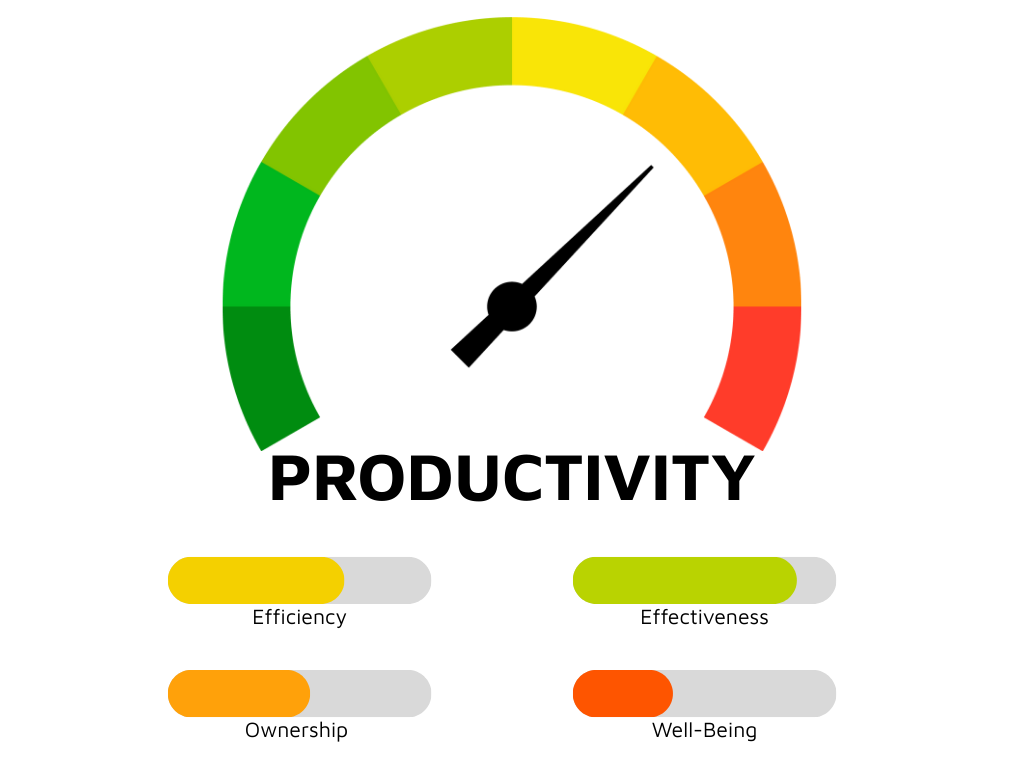The outbreak of COVID-19 has caught everyone by surprise. Well not everyone, Bill Gates said in a TED talk back in 2015:
“Today, the greatest risk of global catastrophe doesn’t look like this. Instead, it looks like this. If anything kills over 10 million people in the next few decades, it’s most likely to be a highly infectious virus rather than a war. Not missiles, but microbes.Play
00:00
08:23MuteSettingsEnter fullscreen
00:00
Recently, entire companies had to send all their staff home, and most of them were, especially the small ones, not ready for it.
WFH or ‘Working from Home’ has been seen as a company perk for long. Job offers would include it as a motivation thing that many, like me, see very attractive.
Remote workers or freelancers, also known as ‘digital nomads’ are an exception and usually seen as outliers.
But let’s face it, in the end, most of what we do in offices we can do from anywhere.
COVID-19, The Game Changer
Now the game has changed, and what a change!. In two months, we have gone from coming to the office every day to do not even show up your face here.
My wife’s company’s management is anxious that the company will collapse if its employees are not there. But they have no choice, the government forces them to send employees back, furthermore with schools off and kids at home.
My company has cancelled all business trips, and we are gearing up to improve remote capabilities: better communication applications, virtual classrooms for training, webinars, etc.
In the aftermath of the virus, companies will need to implement their ‘work from home’ policies for crises like the one we are living. Moreover, some of them, and based on the outcomes of this forced experiment, might stay like this.
Why would companies want to keep remote working?
- From a financial perspective, that could mean millions of savings in office spaces and transportation allowances.
- That should translate into a positive impact on the environment as we will stop millions of commuters every day.
- Individual productivity shall increase. As Marcel Schwantes described from a recent study: Remote employees are more productive than office employees.
- There won’t be business disruption. See the email I just received from Matthew Prince, Cloudfare CEO:

What companies need to do to make sure remote working is productive
- Gear up for the remote game: Videoconference, messaging apps, VPN’s, etc.
- Train their employees better.
- More than ever, define clear goals and scope for remote roles.
I genuinely think that the unfortunate Coronavirus event will change the way we work forever.
Welcome to the real era of remote working.
Will COVID-19 change our working habits? What do you think?





